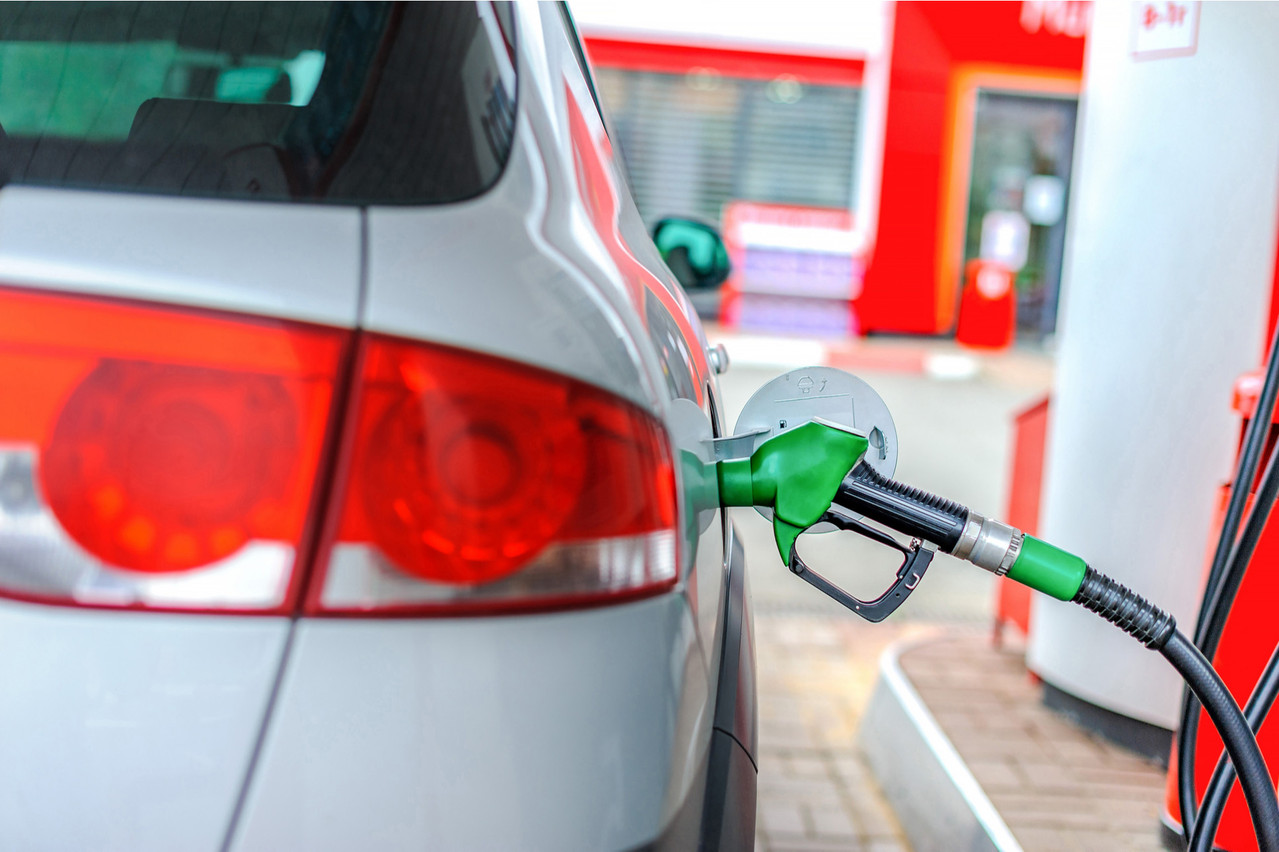Faced with rising fuel prices, the Automobile Club du Luxembourg is calling on the government to "act without delay in the very short term" by putting in place new aids, both for private individuals and for professionals, to mitigate the rise in fuel prices. The ACL goes even further, stressing that these aids should "be directed towards motorists who have no other means of transport than their personal vehicle to get to work, such as people working in shifts, or to do their job".
It must be said that ACL has made its calculations. While the surge in fuel prices is affecting all European countries, Luxembourg has seen the steepest increase. In September 2021, Luxembourg recorded the highest year-on-year increase in Europe (+31%).
Based on Eurostat figures, prices in Germany rose by 'only' 27% between September 2020 and September 2021, while in Belgium they rose by 'only' 18% and in France by 17%.
The ACL also took out the calculator to estimate the real cost of the rise in fuel prices. The results are clear. While a litre of diesel cost €1.047 last year, it now costs €1.418, an increase of 35.43%. "This is the biggest increase among the most popular fuels," the ACL said. "SP95 is now 33.04% more expensive than last year (€1.502, compared to €1.129), while SP98 has risen by 31.07% (€1.194 on 1 January 2021, compared with €1.565 a year later)," the association said.
Between January and October 2021, a motorist travelling 10,000 kilometres paid €222.60 more for diesel. The extra cost rises to €667.80 over 30,000 kilometres. The bill is even higher for motorists who drive on petrol. According to the same calculation, a motorist will have spent €261.10 more on petrol 95 to drive 10,000 kilometres and €783.90 more to drive 30,000 kilometres.
One could then turn to electric cars to make savings. But here too, the ACL is concerned that electricity prices on the wholesale market will rise dramatically. "When electricity distributors were buying electricity at €0.054/kWh at the beginning of the year, at the end of October this wholesale market was showing €0.14/kWh. Because of their less immediate nature, these increases have not yet been passed on to the final bill of the consumer, who pays, for the time being, an average of €0.16/kWh," explained the ACL.
The CO2 tax pointed out
While the association, which claims 193,000 members, is aware of the international and political mechanisms that drive up fuel prices on the global oil market, it also points to the introduction of the CO2 tax earlier this year. "It raised the price per litre by 5 to 6 cents in one go, and also had serious consequences. While the government is still planning to increase this tax, the ACL joins the many voices in Luxembourg who are asking the political authorities to abandon it. A rise in fuel prices would only increase inequalities between citizens. For ACL, individual mobility must remain affordable for the whole population,” the association said.
For its part, contrary to other countries such as France and Belgium which have distributed energy vouchers to the most affected households in order to cope with the rise in energy and fuel prices, the Luxembourg government has decided to increase the price of fuel from 1 January next.
This story was first published in French on . It has been translated and edited for Delano.
